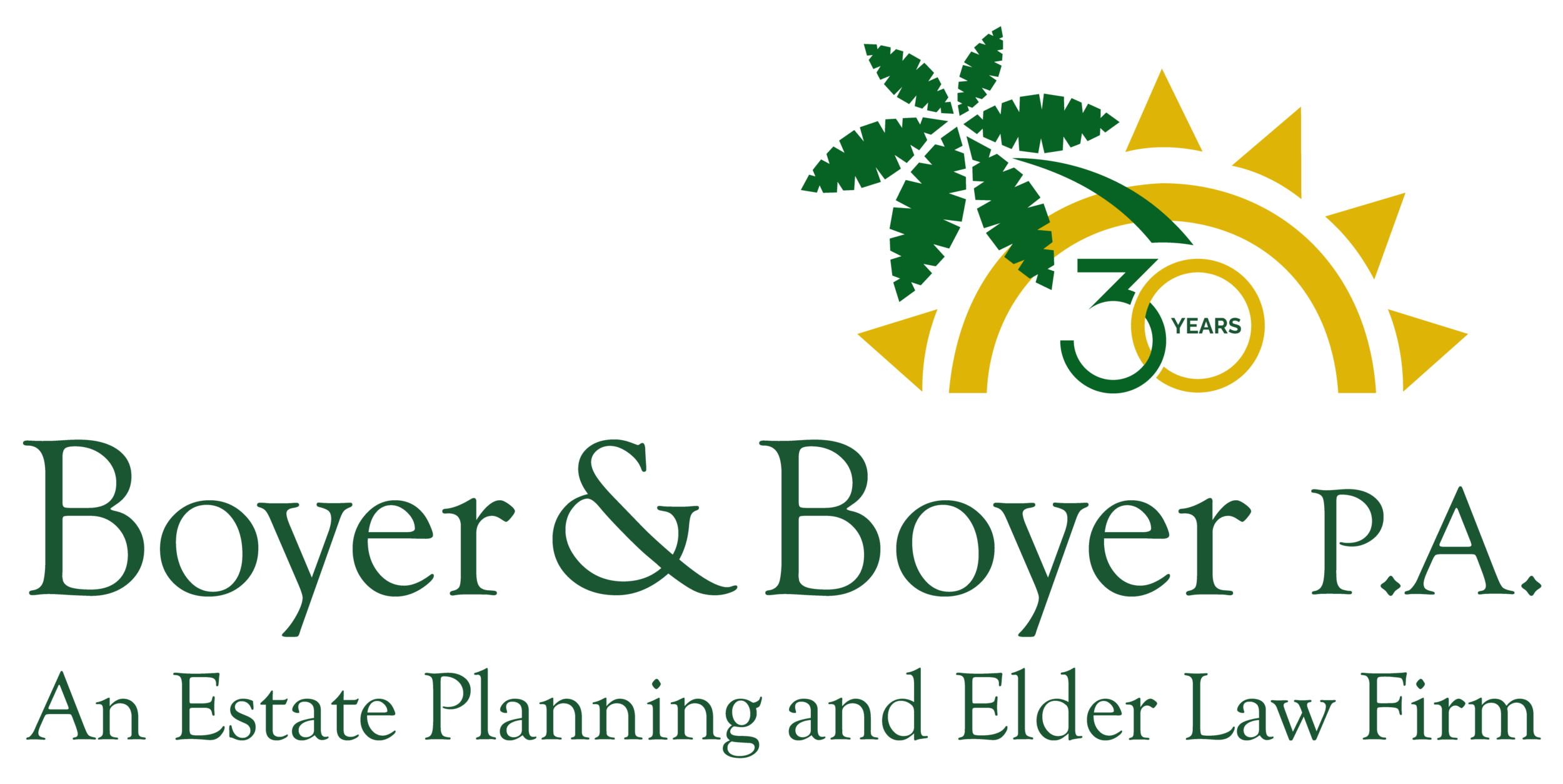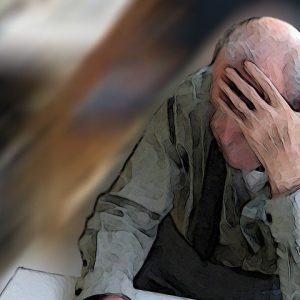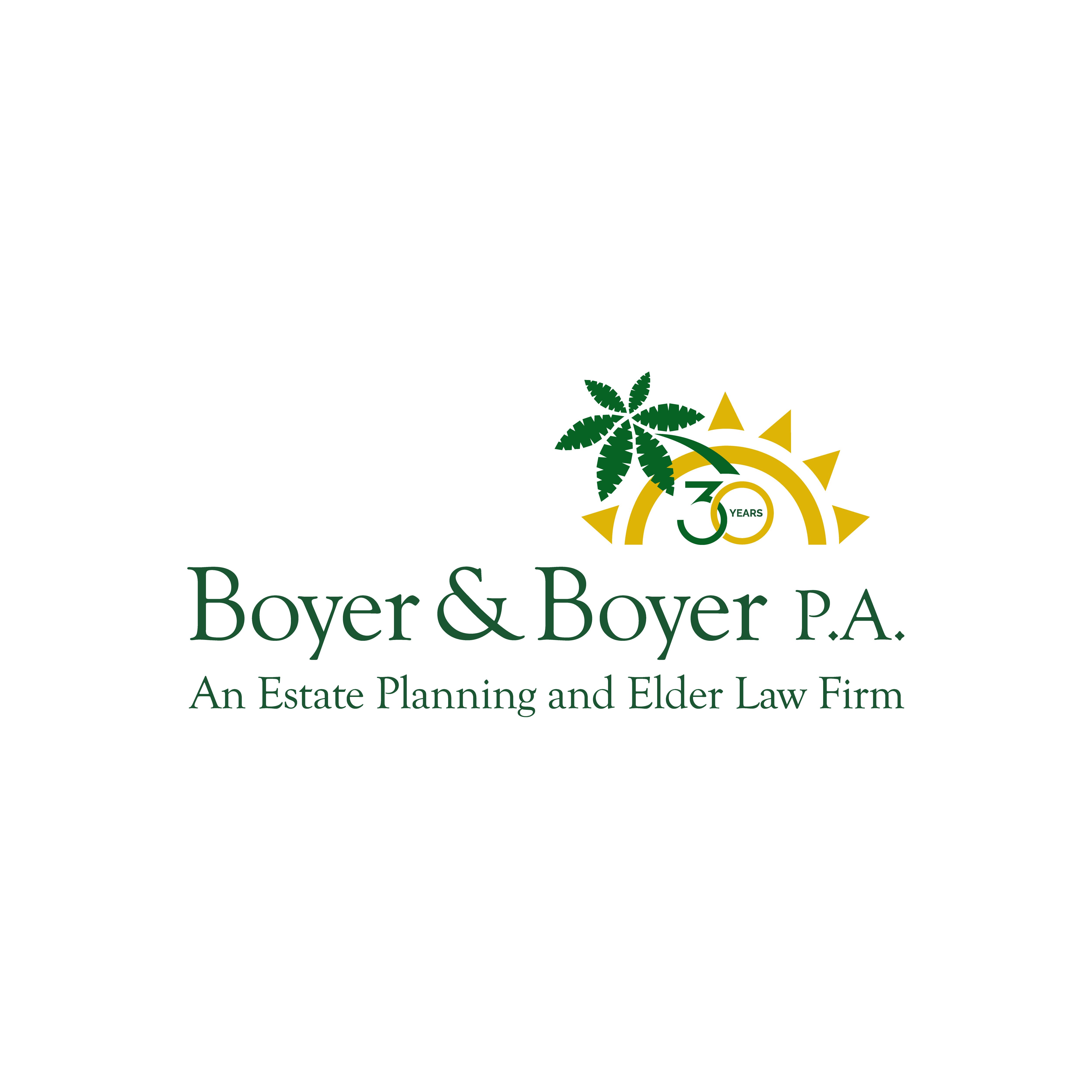Florida Homestead Laws
By Andrew Boyer
Florida’s Constitution and its statutory laws contain significant protections for residents. One protection concerns the homeowner’s rights against creditors, and the other addresses the annual homestead tax exemption which affects the amount of property taxes which a homeowner will pay.
“Homestead” property is real property which an individual owns and lives in with the intent that the property is his or her home. Second homes, vacation property or timeshares are not homestead property.
I. The Florida Constitution (Article X, Section IV) provides that any Floridian owning homestead property cannot be removed from that home because they haven’t paid their bills. For instance, if you owe Chase Master Card a debt of $10,000 and have no other asset except your home, Chase cannot force you to sell your home in order to pay that debt. In the same manner, that protection extends to your heirs if you die and leave the property to an “heir-at-law” (essentially a family member) upon your death. Master Card is still out their $10,000 and the house passes to the heirs free from their claim and that of any other creditor (including Medicaid) if you open a probate estate, and have the court make a judicial determination that this was, indeed, the decedent’s home. The only exception to this homestead protection is that any creditor to whom you have secured the home as part of an agreement for a loan (i.e. mortgage, second mortgage, equity line, reverse mortgage, promissory note) has the right to foreclose on your interests in the home to be paid. If you use the house as collateral for a loan, it cannot then be protected from the lender.
Unlike other states, Florida’s exemption from creditor’s claim extends to the full value (100%) of the homestead property.
II. Under Florida’s property tax laws [Sec. 196.031(3)(d)], every person who, on January 1st of any calendar year, has the legal title to real property in this state and who resides thereon and in good faith asserts that it’s his or her residence, is entitled to an exemption of $25,000 off the appraised value of the property when the property taxes are computed, and an additional $25,000 exemption for all levies other than school district levies. There may be additional exemptions available depending on your circumstances and your county of residence. This property tax exemption has nothing to do with the creditor protection described above, it simply reduces the amount of property taxes which are paid on your residence. Individuals who permanently relocate to a long term care facility normally lose this exemption because they are not residing on the property.
However, when an individual moves into a long term care facility and leaves the home for medical purposes, the Constitutional creditor protection remains. The home is often the only asset which will pass to children or other heirs free from claims. To preserve that protection, homestead should only be rented under very limited circumstances, therefore the burden of taxes and insurance may fall on the eventual beneficiaries. If they cannot afford the upkeep on the home, or if the funds from the sale of the home would be necessary to pay the costs of long term care it may be necessary for the home to be sold.




